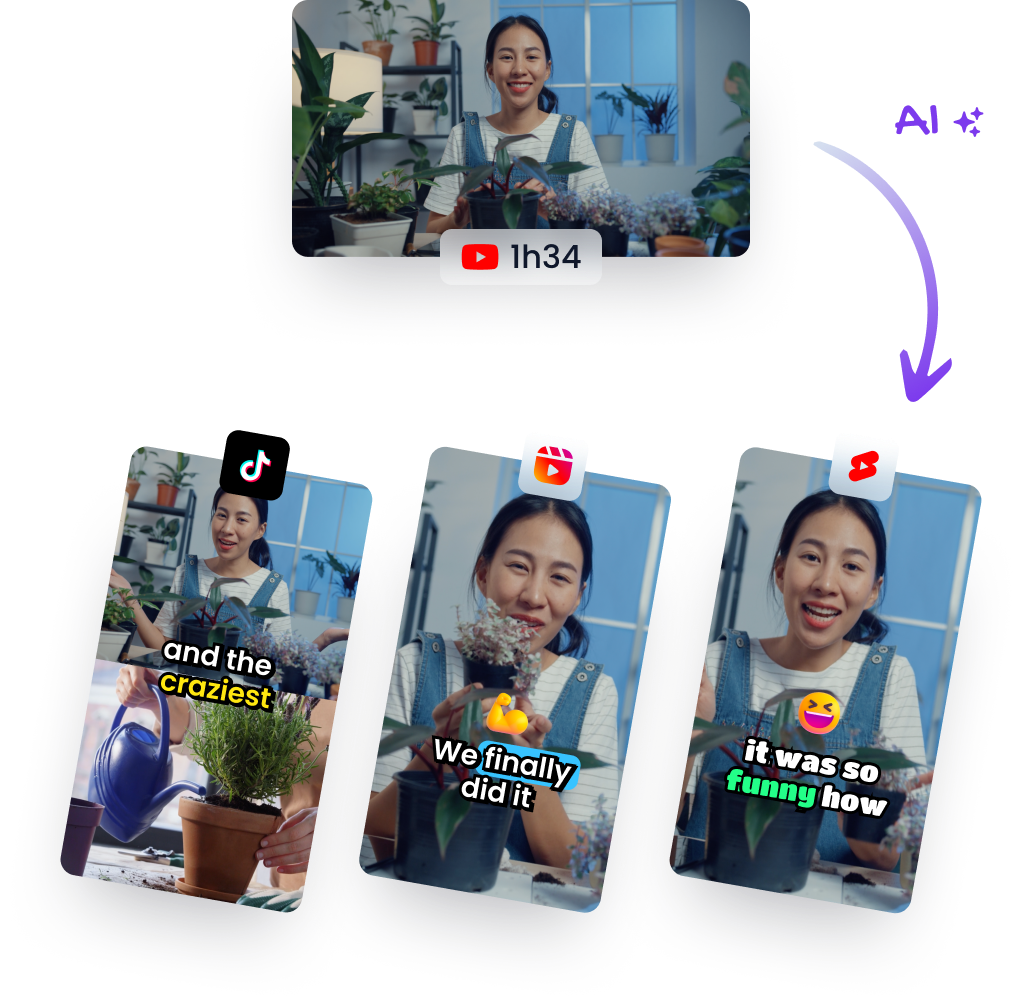AI Content vs Human Touch: SEO Implications
Jan 23, 2024
Artificial Intelligence (AI)TLDR: Watch the AI-generated short
In the rapidly evolving landscape of digital marketing, artificial intelligence (AI) has emerged as a disruptive force. With its ability to generate content at an unprecedented scale, AI raises critical questions about the future of search engine optimization (SEO). But how does this technology fare when it comes to rankings? Let’s delve into the impact of AI-generated content on search engine visibility.
The Penalty for Low-Quality Content
Google's commitment to quality is evident in its penalization practices for low-quality content. This includes not only poorly written or plagiarized material but also extends to certain types of AI-generated content. As SEO professionals have observed, while initial ranking improvements may occur with AI-produced articles and posts, these gains often prove short-lived.
Case Study Insights: Neil Patel's Analysis
A compelling case study by digital marketing guru Neil Patel sheds light on this phenomenon. In his analysis involving two categories of websites—those publishing pure AI content versus those blending AI with human editorial oversight—a stark contrast emerges post-Google’s helpful content update:
-
Purely AI-Generated Sites: Suffered significantly with an average 17% drop in organic traffic and a 7.9 position fall in rankings.
-
Hybrid Approach Sites: Exhibited greater resilience against ranking drops due to their combination of human and machine efforts.
These findings suggest that Google's algorithms can discern between purely automated output and more nuanced, human-augmented materials.
Experiments at Exposure Ninja
At Exposure Ninja, extensive testing has been conducted using platforms like ChatGPT and GPT-4 to evaluate the standalone efficacy of such tools in crafting high-caliber SEO-friendly copy. Results indicate that out-of-the-box solutions from these advanced systems still lag behind expectations regarding depth and thematic coherence—the "content arc" which typifies engaging writing styles remains elusive without human intervention.
Challenges Identified:
- Linearity: The sequential presentation devoid of overarching themes makes even tone-adjusted outputs from chatbots feel generic.
- Lack Of Nuance: Subtle complexities that come naturally to humans are hard for present-day AIs to replicate reliably across diverse subject matters.
Actionable Takeaways
For readers seeking practical guidance on navigating the intersection between artificial intelligence and search engine performance:
- Quality Over Quantity: Prioritize well-researched, thoughtfully curated pieces over mass-produced text when aiming for enduring SERP positions.
- Human Oversight Is Key: Integrate expert review processes into your workflow if utilizing automated tools; balance speed with strategic editing.
- Monitor Updates Closely: Stay informed about algorithm changes which could affect your strategy concerning machine-generated compositions.
- Experiment Conservatively: Adopt new technologies incrementally within your SEO practice—it pays off more than diving headfirst into uncharted waters without data-backed strategies.
The integration of technology should enhance rather than replace the creative process inherent within effective content creation—machines may be able assistants, but they lack the intuition which defines exceptional storytelling needed for top-tier rankings.
In conclusion, while there’s no denying that artificial intelligence is here to stay within our digital toolboxes—in terms both exciting and potentially transformative—the touchstone will always remain genuine connection through quality engagement; something machines have yet mastered or perhaps never will quite grasp like us humans do so inherently well.
